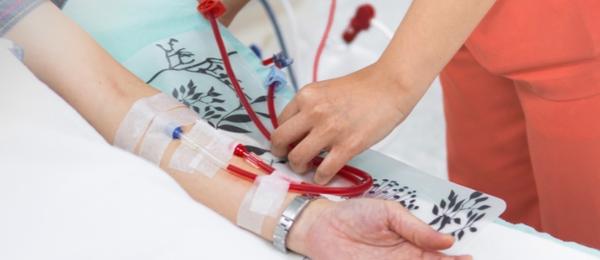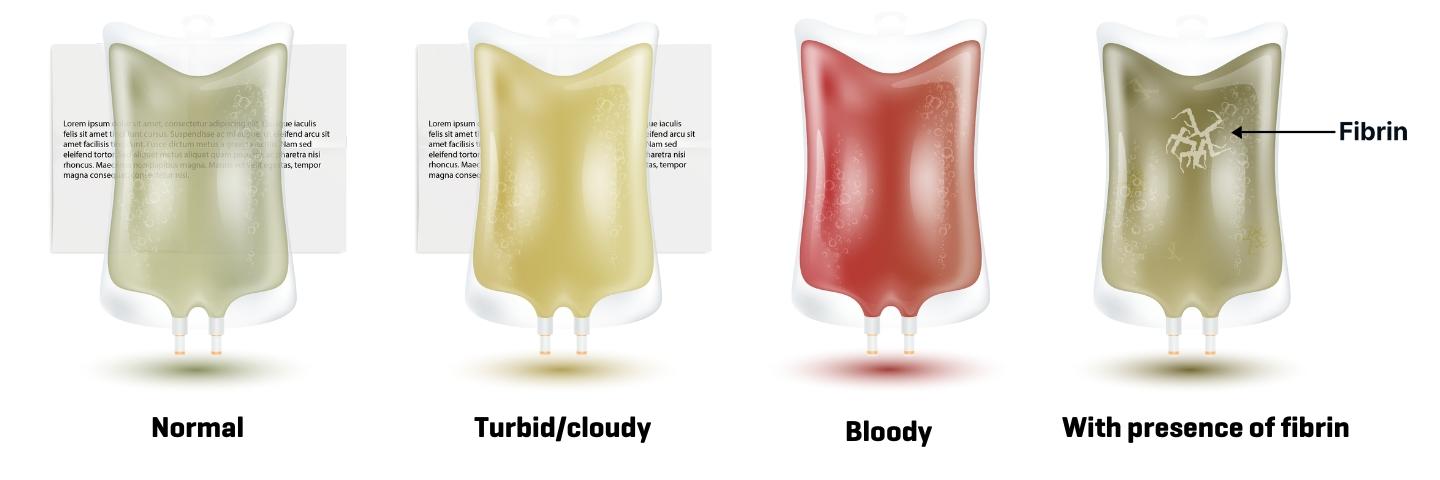Peritonitis Treatment
Do you suspect peritonitis?
Please seek medical care immediately: Go to the hospital and remember to bring your dialysis effluent.1
What happens next? Here’s what to expect:
A doctor will find out what type/s of germ is causing the infection.1
You will need to take infection-fighting medicines (usually antibiotics) for 1 or 2 weeks, sometimes even longer. Usually, peritonitis is treated in hospital.1

Getting rid of the infection
Doctors will check your dialysis effluent to find out the type/s of germ causing the infection.1
Antibiotics will kill the bacteria causing the infection. They can be given through an IV (intravenous) drip into your veins, or put into your fresh dialysis fluid.1 You may be given antifungal medication (to prevent fungus growth while you are treated with antibiotics).1
If you have a lack of appetite
Sometimes people with peritonitis are less hungry than usual.2 If you have lost too much protein, your doctor may give you supplements.1
Where to go next?

Peritonitis Prevention
The good news is that you can take simple steps to reduce your risk, little by little.1 We’re here to help! Learn all you can about how to prevent peritonitis.

Consequences of Peritonitis
Peritonitis can have important consequences for your dialysis journey and your overall health.1 We’re here to help you understand peritonitis better. Feel free to share what you find out with a friend.

